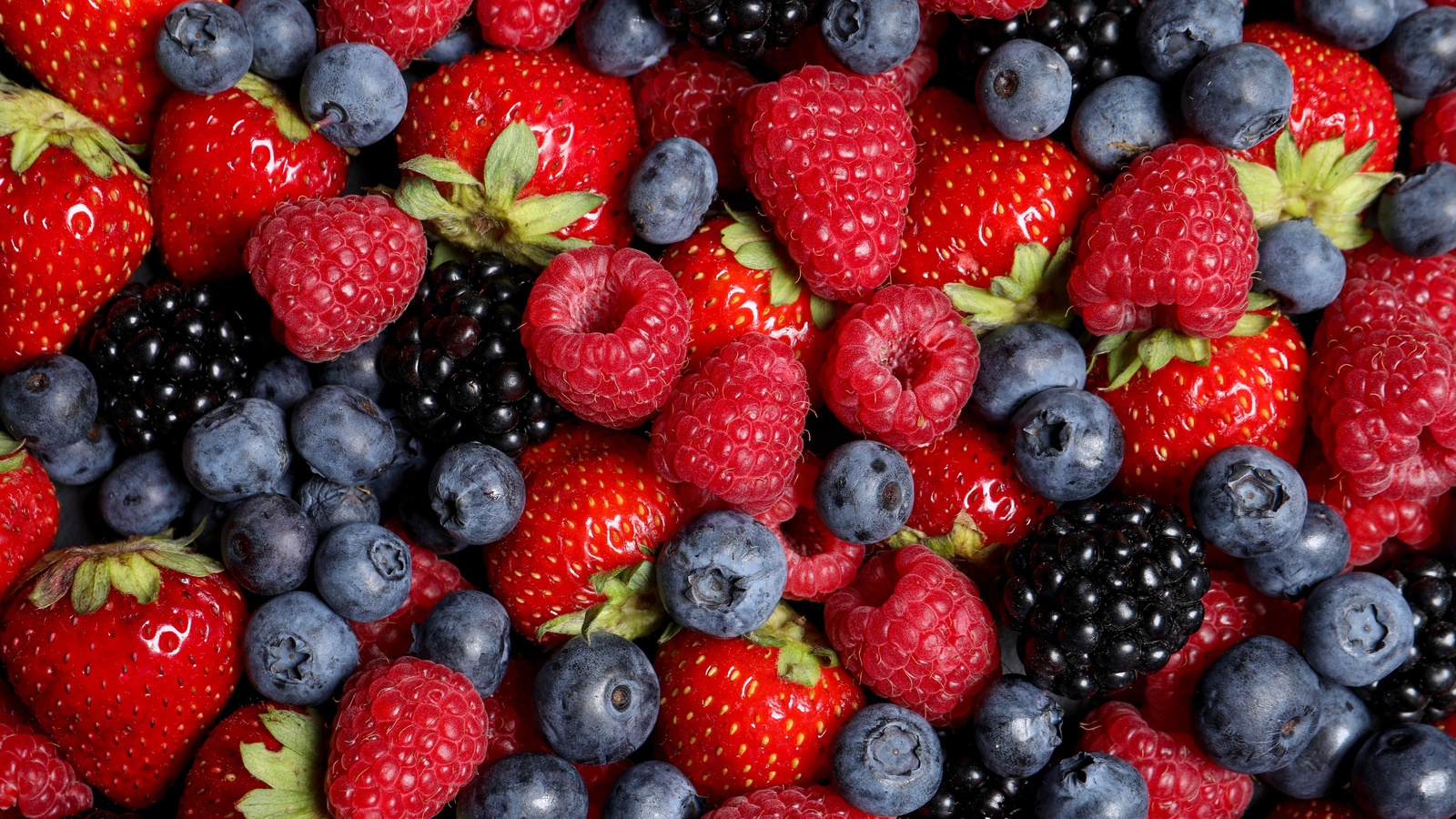10 Foods to Support Your Nervous System
The nervous system is the body’s command center, controlling everything from your heartbeat to your thoughts. It relies on a steady supply of nutrients to function optimally, repair itself, and maintain resilience against stress. Symptoms of a run down nervous system can include trouble sleeping, bowel issues, sweating, chest pains, a racing heart, and more. By incorporating specific nutrient-rich foods into your diet, you can strengthen your nervous system, enhance mental clarity, and promote overall well-being. Here are the top foods that support a healthy and balanced nervous system.
1. Leafy Greens: The Magnesium and B vitamin Powerhouse
Leafy greens like spinach, kale, and Swiss chard are rich in magnesium, a mineral critical for nervous system function. Magnesium helps regulate nerve impulses, reduce stress, and improve sleep quality—key components of a well-functioning nervous system.
Why It Works: Magnesium helps maintain the balance between excitatory and inhibitory signals in the nervous system, preventing overactivity and promoting calmness while B vitamins support the nervous system by promoting healthy nerve function, reducing stress, enhancing mood, and improving energy levels.
Get an extra dose of magnesium from the spinach in this delicious smoothie.
2. Fatty Fish: Omega-3 Brain Boosters
Fatty fish like salmon, mackerel, and sardines are high in omega-3 fatty acids, which are essential for building and maintaining the myelin sheath that protects nerve cells. Omega-3s also play a role in reducing inflammation and supporting neurotransmitter function.
Why It Works: Omega-3 fatty acids improve communication between nerve cells, enhancing cognitive function and reducing the risk of neurological disorders.
If you’re looking for a way to add more salmon into your diet, check out this Nori Crusted Salmon recipe.
3. Nuts and Seeds: Vitamin E and Healthy Fats
Almonds, walnuts, flaxseeds, and chia seeds are packed with vitamin E, antioxidants, and healthy fats. These nutrients protect nerve cells from oxidative damage and support overall nerve health.
Why It Works: The combination of antioxidants and fatty acids helps repair and protect the nervous system, particularly in times of stress.
This Baked Plums recipe is an easy and creative way to get more almonds into your diet.
4. Berries: Antioxidant Superstars
Berries such as blueberries, strawberries, and blackberries are loaded with antioxidants that combat oxidative stress and inflammation, which can damage nerve cells over time.
Why It Works: Antioxidants in berries help protect the brain and nervous system from damage caused by free radicals, enhancing memory and cognitive health.
As a fun way to get more strawberries into your diet, check out this easy strawberry cheesecake slice.
5. Fermented Foods: Gut-Nerve Connection
Foods like kimchi, sauerkraut, and yogurt are rich in probiotics that support gut health, which is directly linked to nervous system function through the gut-brain axis. A healthy gut can improve mood, cognitive function, and stress resilience.
Why It Works: The gut produces neurotransmitters like serotonin, which influence mood and nervous system regulation.
6. Avocados: Healthy Fats and B Vitamins
Avocados are rich in monounsaturated fats and B vitamins, particularly B6, which is vital for the production of neurotransmitters like serotonin and dopamine.
Why It Works: The healthy fats in avocados support the structure of nerve cells, while B6 enhances mood and mental clarity.
A quick guacamole or this avocado pesto pasta is a great way to get more of these fats and vitamins into your diet.
7. Whole Grains: Sustained Energy Source
Whole grains like quinoa, brown rice, and oats provide a steady source of glucose, the primary energy source for the brain and nervous system. They also contain B vitamins, which are crucial for nerve repair and function.
Why It Works: Complex carbohydrates fuel the nervous system while supporting the production of energy-regulating neurotransmitters.
Check out our favorite way to eat oats HERE. https://www.foodmatters.com/recipe/superfood-oats-caramelized-banana-recipe
8. Dark Chocolate: Stress Relief in Moderation
Dark chocolate (70% cacao or higher) contains flavonoids, magnesium, and a small amount of caffeine, which can enhance mood and reduce stress.
Why It Works: The antioxidants in dark chocolate improve blood flow to the brain and protect nerve cells from damage.
We love having a piece of good quality dark chocolate with a cup of tea or in this healthier fudge recipe.
9. Eggs: Choline for Cognitive Health
Eggs are an excellent source of choline, a nutrient critical for producing acetylcholine, a neurotransmitter that plays a role in memory and muscle control.
Why It Works: Choline helps maintain the integrity of nerve cells and supports efficient communication between them.
Change up your breakfast game with this turmeric scrambled eggs recipe.
10. Herbal Teas: Natural Calming Agents
Herbal teas like chamomile, peppermint, and green tea contain compounds that promote relaxation and reduce nervous tension.
Why It Works: Herbal teas soothe the nervous system, improve sleep, and reduce the effects of stress on the body.
Brew a cup of tea before bed or change things up and make these triple layer chamomile brownies.
While nutrition is a cornerstone of nervous system health, it’s important to pair it with other supportive practices like regular physical activity, stress management, and adequate sleep. By nourishing your body with these nutrient-rich foods and maintaining a balanced lifestyle, you can ensure your nervous system remains resilient and functioning at its best.







